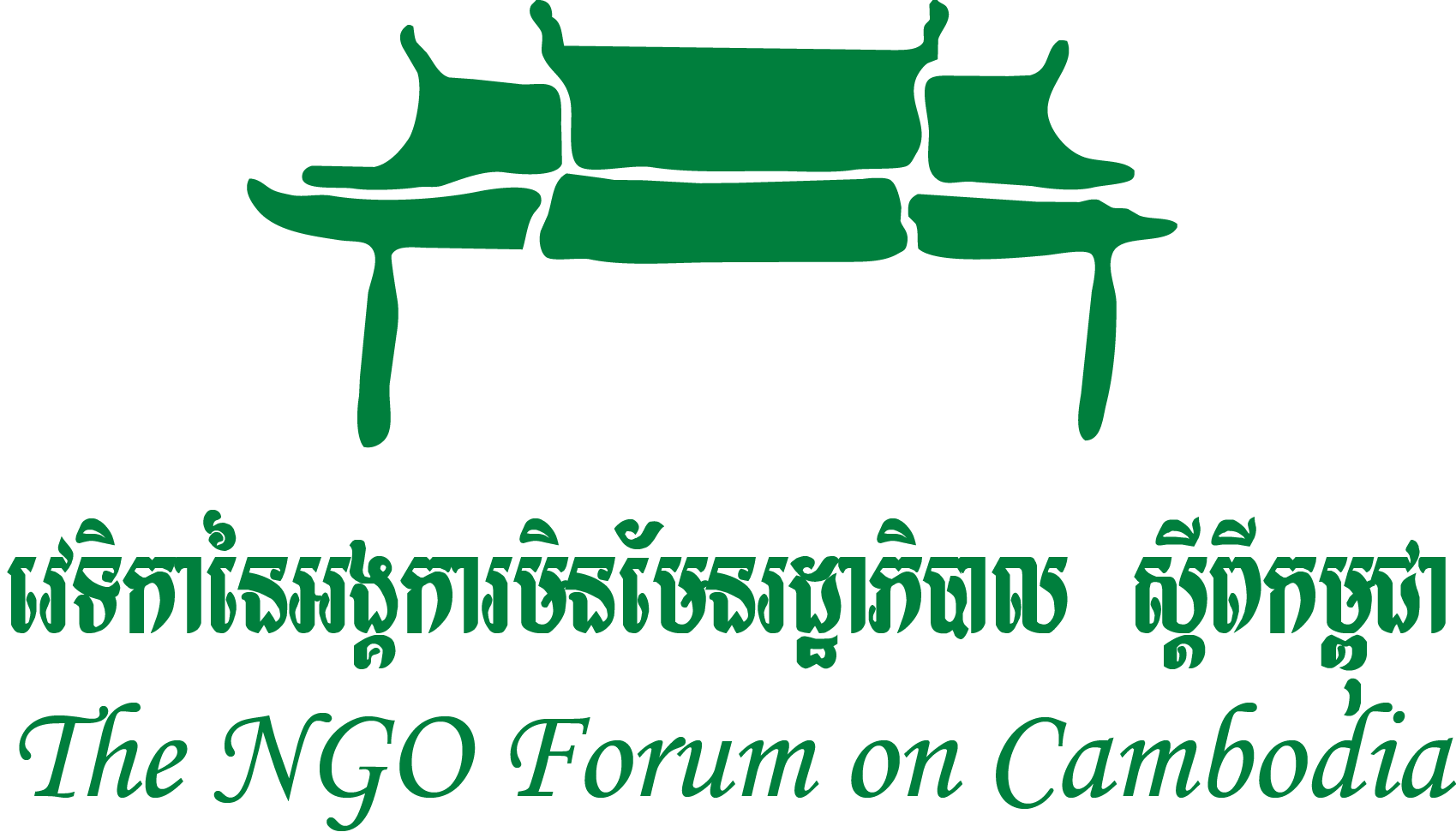On 14 January 2021, the NGO Forum on Cambodia (NGOF) and CLEC with supported by HEKS/EPER, Misereor, NPA, ILC, Diakonia, IDRC/CRDI and CAMBRIDGE University to organize a Workshop on the Perspectives of Fair and Just Compensation in the Land Acquisition and Dispute Resolution Process. There are 27 participants (5 women) including Action Aid, CWDCC, CEDT, CCFC, CLEC, CHRAC, DPA, HFHC, GADC, ICSO, Oxfam, OHCHR NGOF, STAR Kampuchea, UPWD and community representative Tom Nup 2.
The purpose of this workshop is to increase the capacity of NGO partners to meaningfully engage with relevant authorities and ministry officials in establishing a single-standard policy on fair and just compensation for the communities affected by various development projects.
This workshop provided an opportunity to the NGO partners have a chance to share and receive experiences from each other and gain a deeper understanding of the current domestic and international practices and legal frameworks on fair and just compensation; Furthermore, the NGO partners come up with a concrete plan with clear roles and responsibilities to interact with sub-national and national administrations in the next national workshop on fair and just compensation and the development process of the policy and/or law on fair and just compensation.
A presentation on sharing the implementation of international compensation and China's implementation of compensation on development projects by Dr. Shashi. He shared on the perspective of all development projects in China. This country are being handled by the Party Central Committee. People have been displaced by development projects with compensation, including major highway projects, mining projects and dam projects that have displaced millions of people. Areas in the dam project that affect provinces in China have been compensated by the Chinese government. There are still other housing values that are not affected, but nearby have also been relocated and settled. Look at the scope of China's framework, follow the same medium and level of compensation. What we can do and have a good solution is to follow the principles of the legal framework. In addition, the Chinese government has made a series of amendments over the years, up to now, in line with World Bank principles, voluntary principles are encouraged and better implemented to address and ensure development in China And unity in the Chinese government. However, for all Chinese projects under development in Cambodia, compensation has not yet been implemented the same as in China.
In the afternoon, the workshop was organized and followed agenda as plan. We achieved the common ideas of participants set a joint action plan:
Define the definition of "fair and just compensation" is very important that civil society organizations want to highlight and clearly define by sector (land, forestry, fisheries, indigenous peoples, mining …)
Public participation
Summary of the concept and principles of fair and just compensation.
Raising public awareness of the principles of fair and just compensation
Closing the workshop, Dr. Tek Vannara, Executive Director, thanked the participants for their participation and said that there are many points related to our workshop were raised, he wants to add some points which related to the local and international banks are required to have standard of social and environmental safeguard. The companies and investors loan from local and international bank official contract agreements comply to the standard and to the principles of social and environmental safeguard, to ensure that all development projects provide fair and just compensation to the people affected by the development project."




